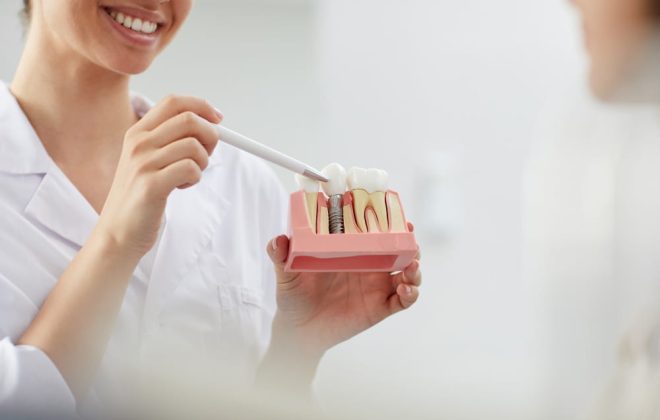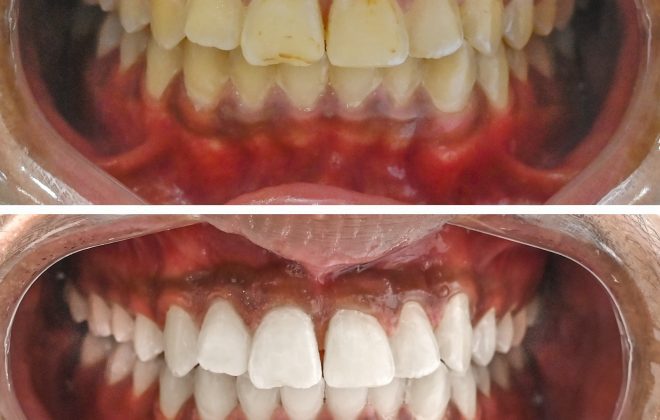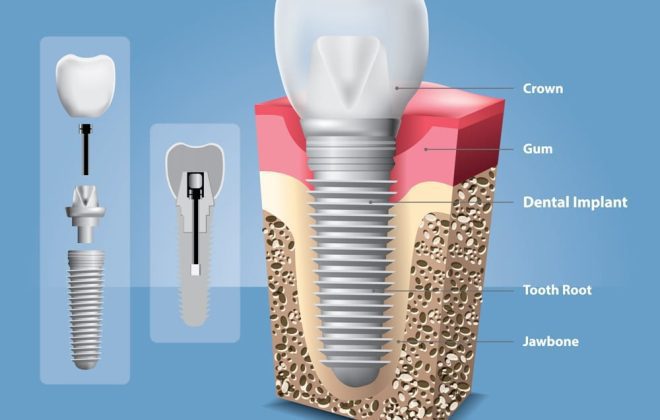4 Effective Solutions for Chipped, Cracked or Broken Teeth
Teeth can break or crack when the enamel is subjected to prolonged or severe forces. Broken teeth may cause toothaches that can grow in intensity over time. If you suspect that you have a tooth fracture, you should consult your dentist immediately.
What Happens if You Leave a Broken Tooth?
The presence of broken teeth paves the way for bacteria to infiltrate the tooth. Therefore important to treat damaged teeth as soon as possible. On the outside of the tooth, the enamel lacks nerve cells, so small fractures do not cause pain; however, the patient may not realize it.
Untreated broken teeth also provide a suitable environment for the compression of food, accelerating the decay.
Is It Ok to Leave a Chipped Tooth?
If a chipped tooth is examined microscopically, many more cracks can be seen surrounding them. Without treatment, these cracks can accumulate bacteria and cause tooth decay.
Can Broken Teeth be Fixed?
If a piece of your tooth breaks off, you can put it in milk and take it to your dentist for examination. The dentist can adhere the broken piece to the tooth surface. You can still have your tooth repaired by bonding, applying a veneer, or getting a crown, even if you cannot locate the broken part.
A complex crack can sometimes split a tooth in two. In such cases, you may have to get your tooth extracted.
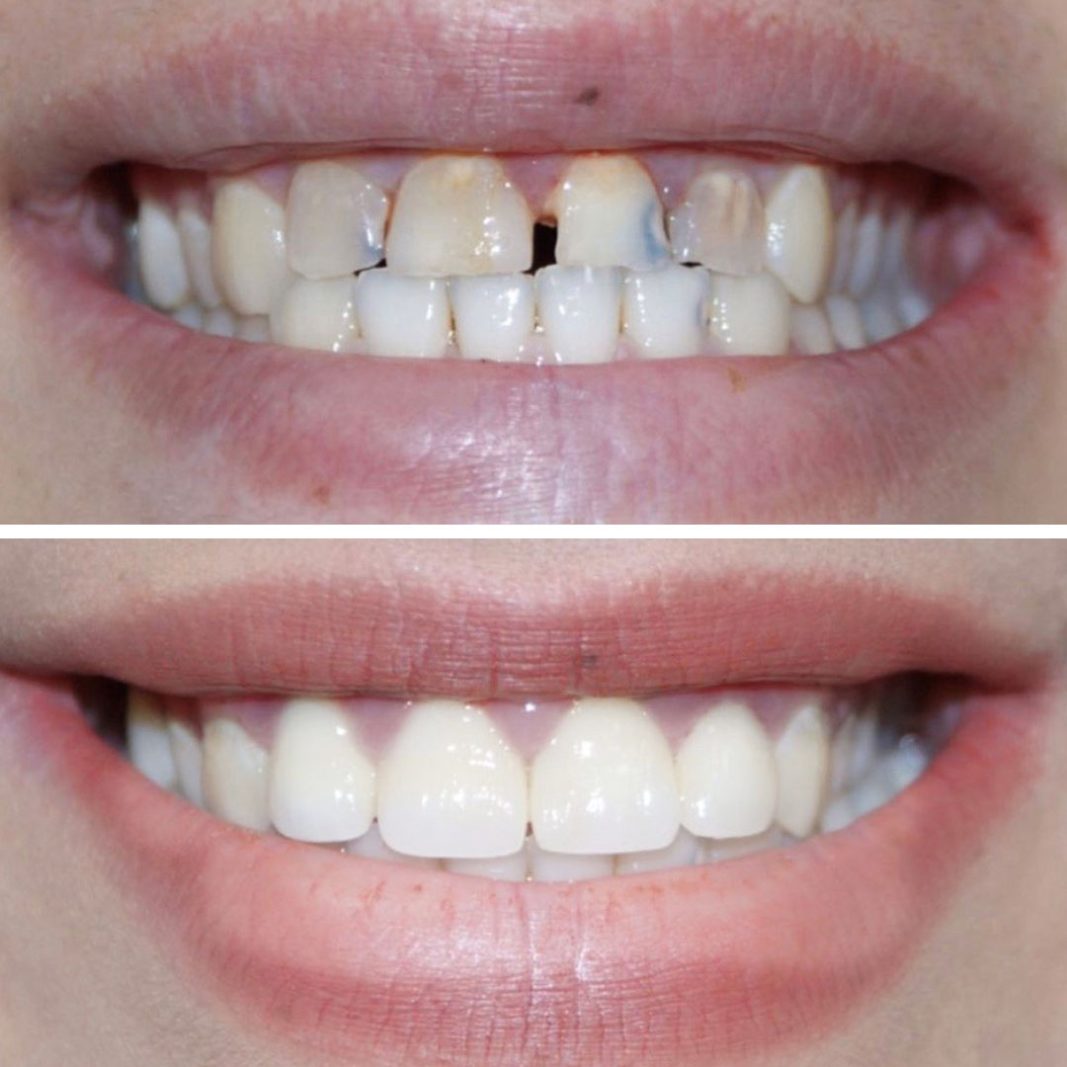
What Causes Teeth to Crack?
The crack is usually the result of a fracture starting at the tooth surface and progressing toward the root. As the crack extends from the enamel to the pulp inside the tooth, it can cause serious discomfort.
Usually, cracked teeth are caused by clenching the jaw or biting hard objects, and they are usually in the middle of the chewing surface. However, if the crack extends too far into the root, it can cause a broken tooth root pathology (a disease in the root of the tooth).
Causes of Cracked Teeth
Here are some of the important causes of cracked teeth.
- Bad habits, such as biting hard objects, etc.
- Constantly clenching and grinding your teeth involuntarily.
- Constantly chewing hard foods such as candies.
- Large fillings (the larger the dental filling, the weaker the tooth and the more likely it is to crack when combined with grinding or chewing hard objects)
Can I Stop My Teeth Cracking?
The best thing you can do to protect your teeth from cracking and breaking is to strengthen them. So, maintaining good oral and dental health is essential.
Furthermore, it is very important to visit the dentist every six months to be aware of the problems of your teeth. Sleeping with a mouth guard is another crucial precaution if you grind your teeth at night.
What Should I Do If My Tooth Cracks?
Getting professional care should be your first step if you have a cracked tooth or broken one. Cracks, where the tooth’s nerve is unaffected, can be treated by cosmetic bonding.
In complex broken tooth repair, a root canal may be necessary if the tooth’s nerve is damaged. In the case of hairline cracks in teeth, porcelain veneers can be used to repair them.
What Should You Do If You Have a Cracked, Chipped or Broken Tooth?
The hardest part of treating cracked teeth is diagnosing them. Traditional X-rays often overlook cracks as they try to show your three-dimensional tooth in a 2D image.
If your tooth has cracks or breaks, a dental specialist (usually an endodontist) can take a 3D image of the area. Then, depending on the location of the fracture, external cracks can be treated with a crown along with a root canal.
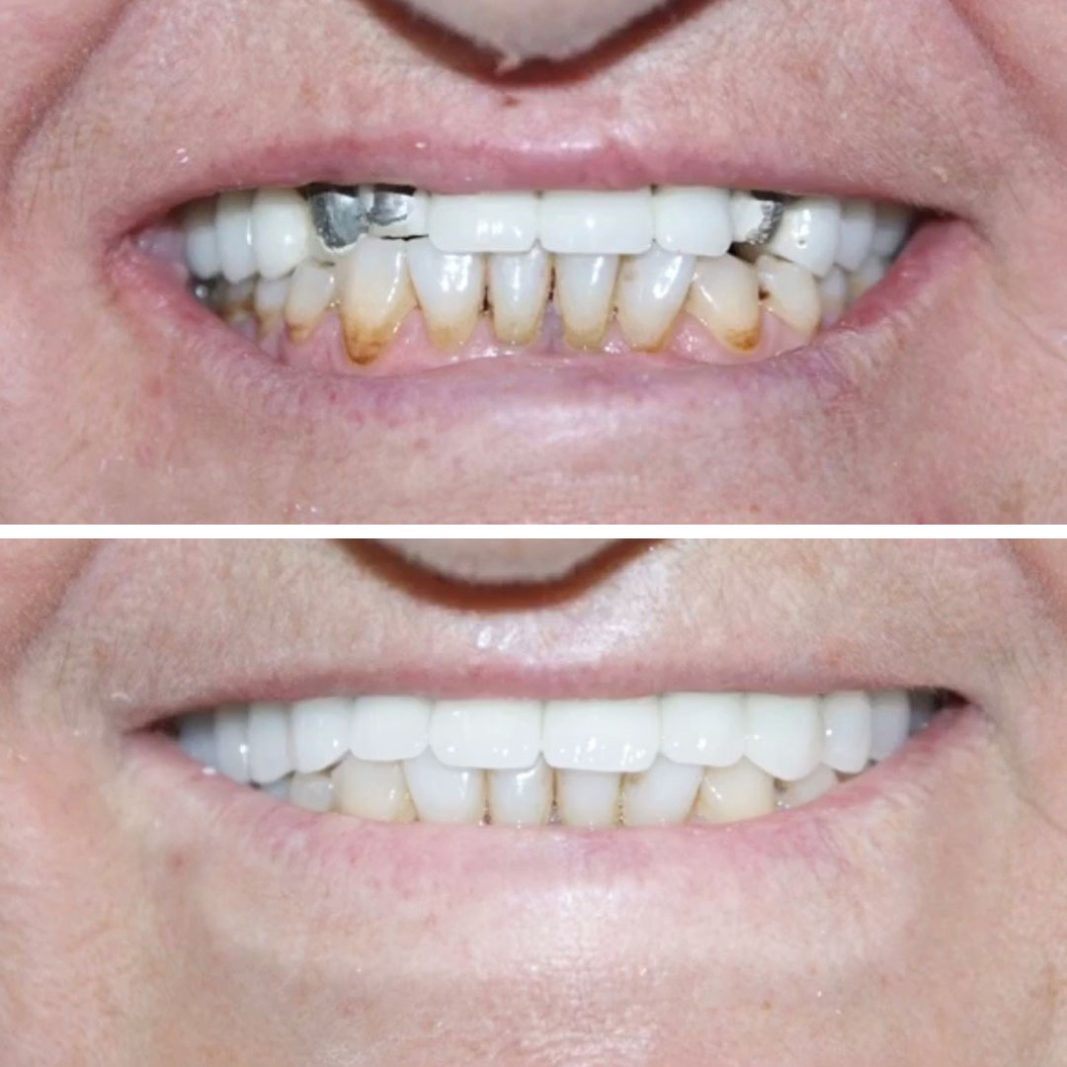
Treatment for Cracked and Chipped Teeth
Whenever you experience a broken or cracked tooth, it is important to consult a dentist without delay. Based on the type and size of the fracture, your dentist will recommend one of the following treatments.
Bonding
In bonding, the dentist applies an adhesive material to the fractured tooth and then spreads tooth-colored resin until the desired shade is achieved. Then he polishes the tooth. It typically takes 40 minutes to complete the treatment in one session. Bonding can also be a good solution for a chipped front tooth.
Cosmetic Contouring
In this treatment, the tips of the tooth are filed, flattened, and rounded. Then the treatment is terminated with polishing processes. Despite its simplicity, this chipped tooth repair technique is highly effective and aesthetically pleasing.
Veneers
Dental veneers offer an alternative to bonding in the case of the breakage of a tooth. This procedure involves applying a thin layer of material to the tooth’s front surface, achieved through minimal abrasion of the tooth surface.
Crowns
It is especially useful to use dental crowns when a tooth is broken due to root canal treatment or tooth decay. A full-coverage treatment gives teeth a more robust structure.
To prepare the tooth for a crown, it must be abraded between 1mm and 2mm. A crown can be applied in a single session or may require another session.
How Long Will My Broken Tooth Repair Take?
In the majority of cases, broken tooth treatments can be completed within a single session. In addition, cosmetic bonding procedures can typically be accomplished in one visit, whereas treatments involving veneers and crowns may necessitate two sessions.
Do not Neglect a Broken Tooth – Contact Us
It is imperative to monitor tooth fractures and promptly seek professional assistance. For further guidance on managing this concern, we invite you to reach out to us. At Lara Smile, we warmly welcome our patients in Antalya, a coveted tourist destination in Turkey.
With a team of skilled professionals, we cater to individuals from various parts of the globe annually. Please schedule a consultation with our preventive and cosmetic dentistry specialists today to experience our exceptional care.


